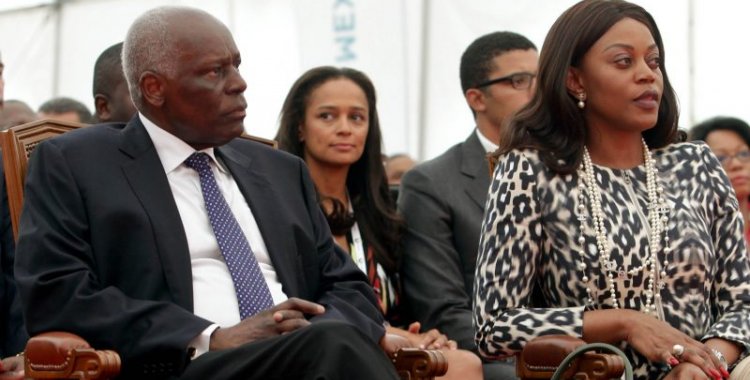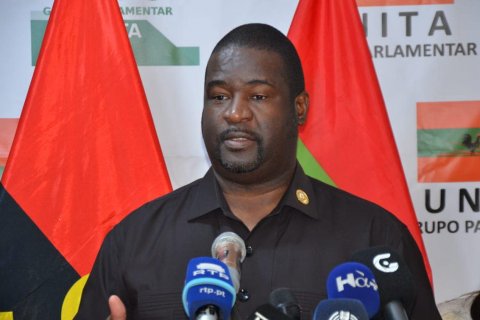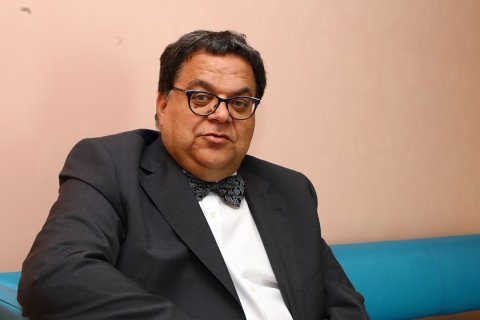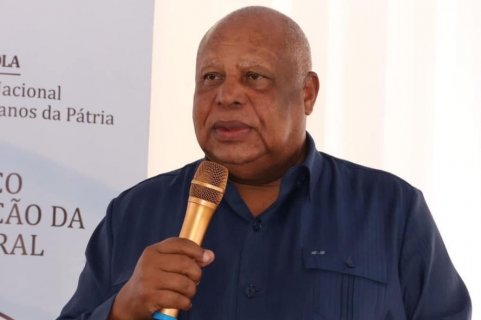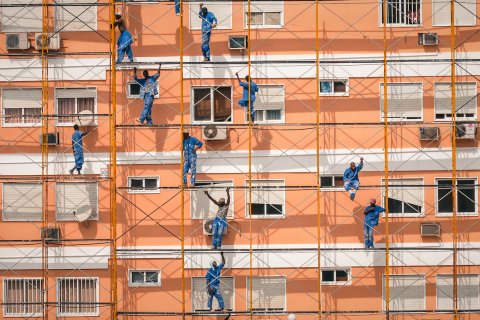In an interview with Lusa about the book's release, on Tuesday, Estelle Maussion considered that the power enjoyed by José Eduardo dos Santos for 38 years in Angola was based on a "system that has its roots in the civil war, which became authoritarian and worked on the appropriation by a clan of the country's riches.
For the author, a journalist with the French news agency France Presse and the corresponding Radio France Internationale (RFI) in Angola between 2012 and 2015, "this system, which seemed untouchable, is finally in difficulty with the departure of the family and the arrival of João Lourenço".
Asked whether Isabel dos Santos' various contracts, known as 'Luanda Leaks', surprised her, Estelle Maussion replied that there are "details about the international network of Isabel dos Santos-Sindika Dokolo's assets that remained in the shadows until then", but added that "the revelations have led to old questions about the origin of the former president's daughter's fortune, about the relationship between her success and her status as head of state daughter".
The book now published "describes the system of governance of the former president and his family over 38 years" and has benefited from "the hypocrisy of countries, organisations and companies on behalf of diplomatic or economic interests", including in Portugal, where there has been a "very ambiguous position of the Portuguese government and various personalities in the country during the past".
In the book, which reviews the 38 years of power of José Eduardo dos Santos, recovering the main news and events of the reign and framing them in the power games of the Angolan elite, the author intended "to give a living testimony, document and at the same time accessible from this period.
The trajectory of José Eduardo dos Santos's family "is unique, an extraordinary rise followed by a spectacular fall," said Estelle Maussion, who showed confidence in the new President's ability to impose reforms and an assertive fight against corruption.
"There is a very strong will to embody a rupture," she replies, when asked whether João Lourenço represents a change of paradigm or just a change of chairs among Angola's elite.
This rupture, she argues, "goes through declarations, serial appointments, inquiries and judicial processes, and at the same time, several reforms have been launched to review the rules of business, implement other practices in the administration, improve efficiency and transparency".
All this, she adds, "sends good signals, but it is still early to take stock and it will take a long time to change the mentality towards corruption", warns the writer, who admits to surprise at the speed with which João Lourenço replaced important figures from the former Executive and launched legal proceedings against family members of the former President.
"I think it was a surprise to many people; to see members of the former presidential family in front of a court was unthinkable a few years ago; the rupture is very strong but not enough", the author argues, concluding: "The new president also has to produce concrete results in improving the living conditions of the population, and this is the real challenge in a difficult economic context".

